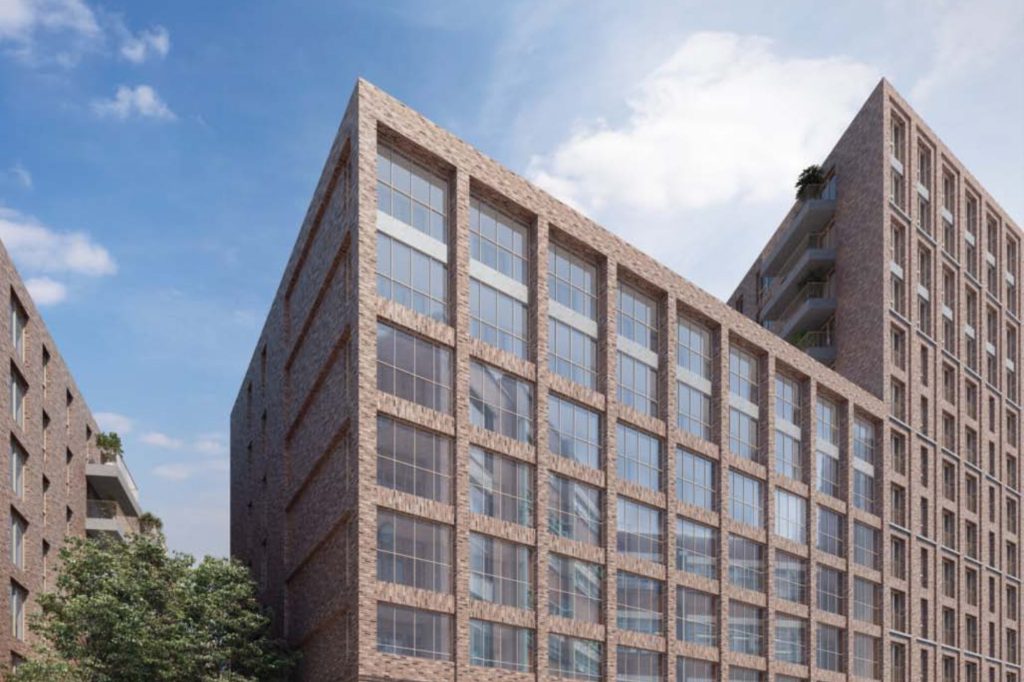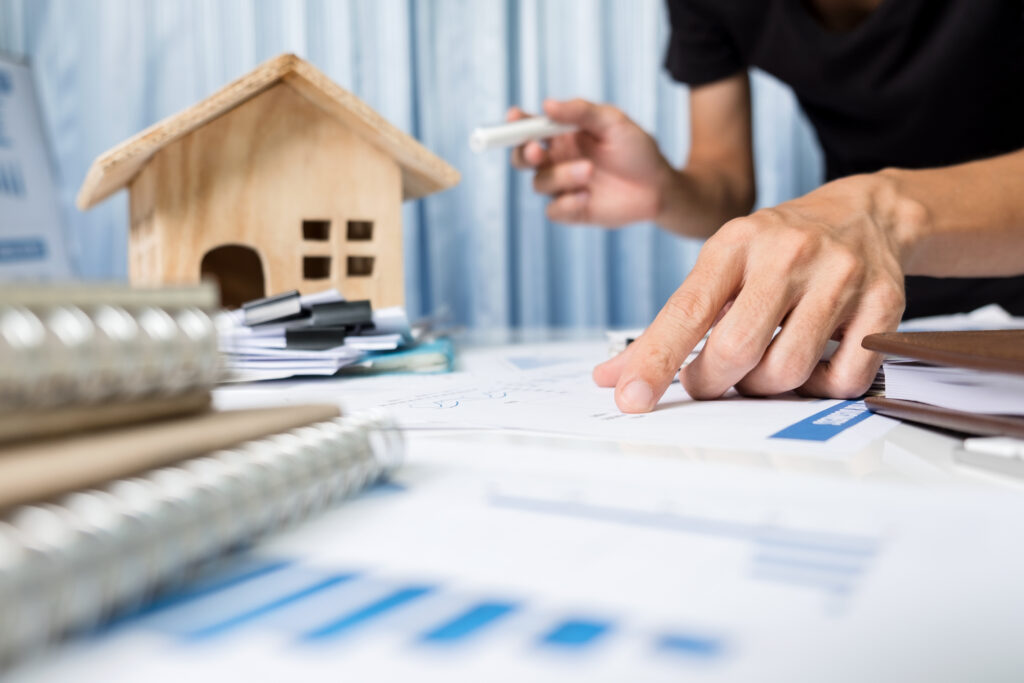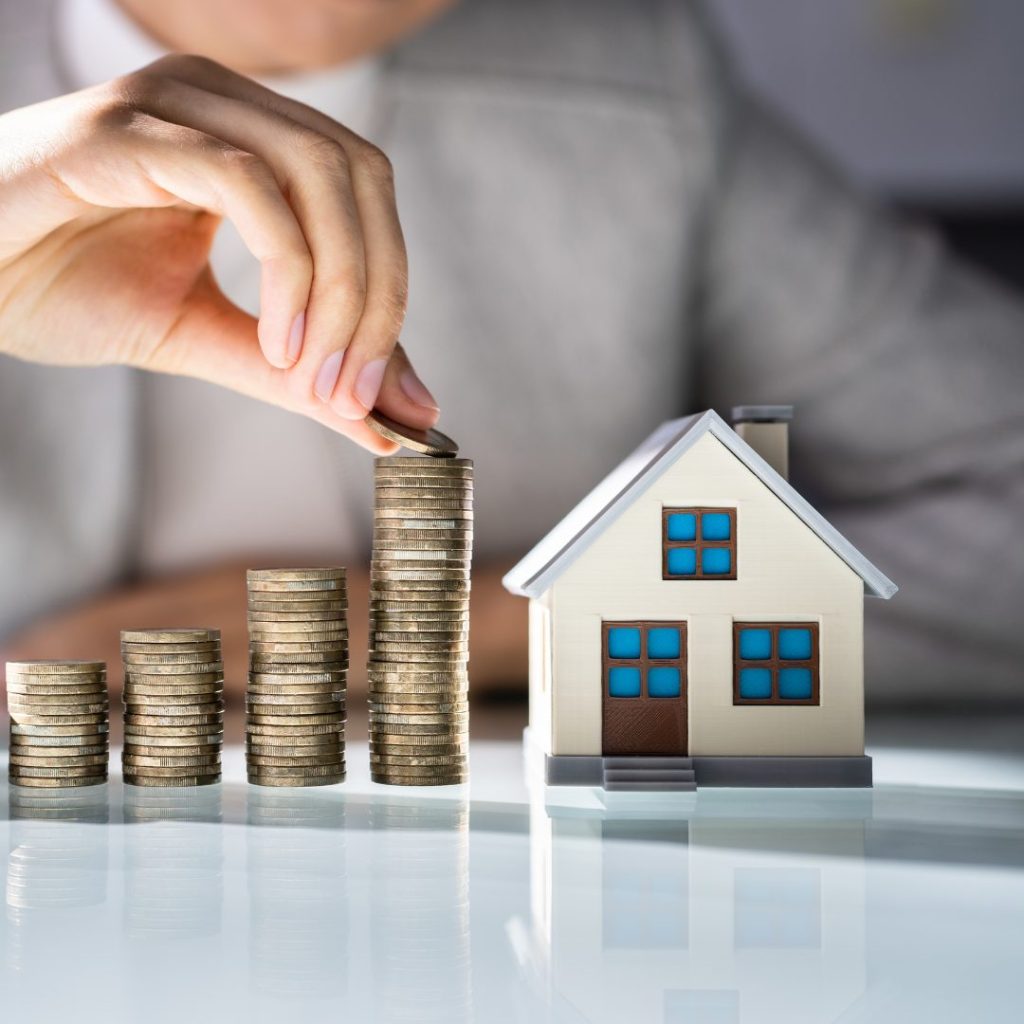When the government introduced the Pension Freedom Act in 2015, many people believed they’d automatically be able to withdraw all their pension and use it to invest in buy-to-let.
While it’s often possible to buy a property with your pension, it’s not as straightforward as it may sound. Here are a few things to consider before taking the leap.
Is it a good idea to transfer a pension into residential property?
When you buy residential property with your pension fund, you’re likely to be hit by a big HMRC tax bill. This is the case even if you’re buying the property as a buy-to-let rather than your own main residence or a second home. When the tax bill is taken into account, some people realise the decision isn’t as profitable as they’d like it to be.
It’s also important to explore the inheritance tax implications of such a move. When you buy a house with your pension, it forms part of your estate and will be subject to inheritance tax after your death. Investment gains will also be taxed.
What about commercial properties?
Investing in commercial properties rather than residential properties can offer tax advantages, so that’s another option to explore.
You could potentially benefit from rental income and capital appreciation. You won’t have to pay tax on any income the property generates providing you hold it within your self-invested personal pension (SIPP).
Some business owners choose to operate from the commercial property they buy. That way, the business pays the mortgage and the pension fund benefits from the income generated.
How easy is it to transfer a pension into property?
In order to transfer your pension into property, you’ll need to approach your pension provider and explain your plans.
It’s also wise to seek financial advice before making this move. An adviser will be able to tell you whether the decision is financially viable for your individual circumstances.
What are the benefits of investing in property?
House prices have risen in most parts of the UK. If this growth continues, your property may out-perform other investments.
Not only can you benefit from an increase in the property’s value over time, by renting it out to tenants, you could start earning a regular investment income sooner than you’d typically receive your pension.
There’s also an option for equity release if you ever need an injection of cash.
Investing in property has the added benefit of being tangible and material. You hold a physical asset that will still exist if the market crashes. And don’t forget people always need homes. Even during a market downturn when property values are lower, income from tenants should continue.
What are the downsides of investing in property?
Although property prices have traditionally taken an upward trajectory, there is no guarantee that the value of your home or investment properties will continue to rise. If prices fall and you still have a mortgage, this may leave you in negative equity.
Investing in property also requires a significant amount of money upfront, particularly if you buy with a repayment mortgage rather than going down the interest-only route.
It’s also worth keeping in mind that your capital will be tied up in the property and you won’t necessarily be able to sell it quickly.
Before investing in property, it’s wise to consider the amount you’ll need to spend on repairs and maintenance. Thankfully, managing these issues can be outsourced so that you have very little involvement in the running of the property, but you’ll still have to factor how these costs will impact your profits.
We have extensive experience helping people build solid investment portfolios, whether they’re at the very start of their property investment journey or they already own several properties.
Please get in touch with us today to learn more about transferring your UK pension into property.





